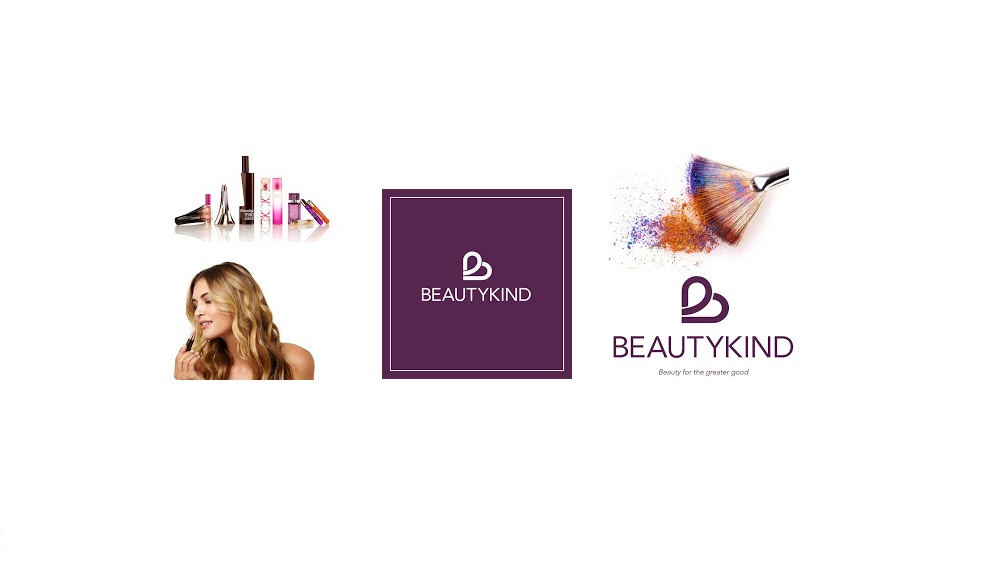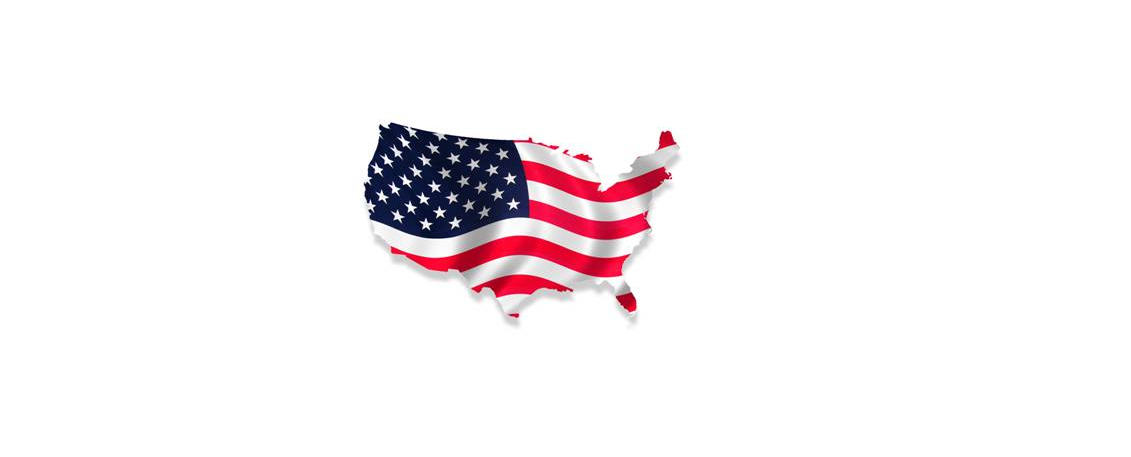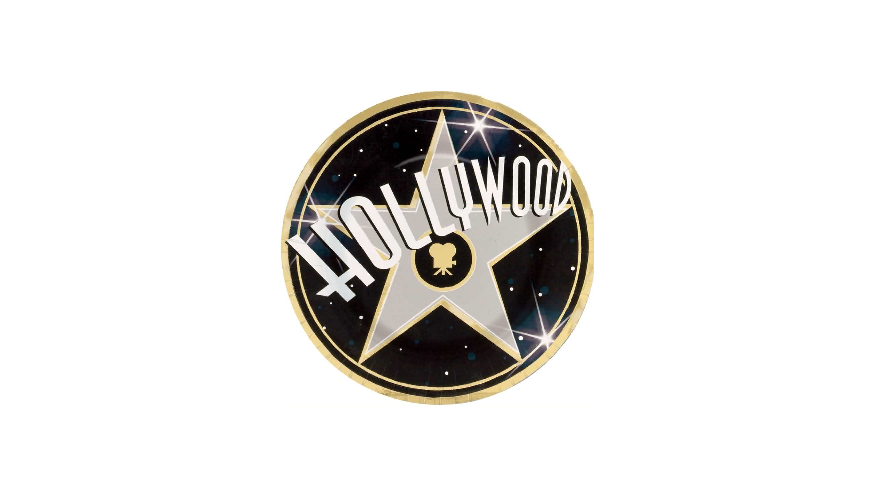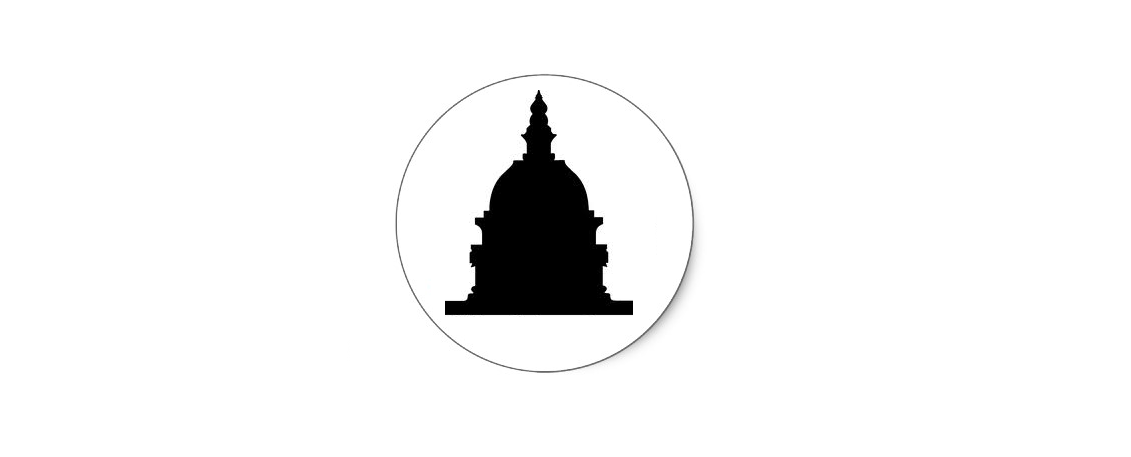 October 1, 2015
October 1, 2015
Erin Higgins
News Writer
Business
In a sea of endless consumer products on the markets today, BeautyKind is redefining the business of e-commerce. Its founder, Hil Davis, likes to remark that he created a retailer “with a cause.” Davis is no stranger to the marketplace of new ideas. He was one of the creators of the men’s clothing company J. Hilburn. He is currently bringing his expertise in business to women consumers who are looking for new products and a new way of shopping. BeautyKind is an online makeup retailer that allows customers to buy their favorite products while donating to the charity of their choice. In a world of cutthroat business practices, in a dash to the top of the heap, Davis is hoping to change how e-commerce is done, so that society as a whole can benefit from his new company.
Erin Higgins: Tell me a little about yourself. Who is Hil Davis?
Hil Davis: I’m originally from Alabama. I went to boarding school at Pittsfield High School in Alexandria, VA. I ended up in college in Tennessee, and then [to]a bunch of things from culinary school, to investment banking, to men’s clothing, and now beauty products. All not your traditional career path if you will.
Higgins: Yes. A little different, but that is what makes us all unique. As a child, what did you want to do when you grew up?
Davis: I never had anything that I was like super excited about. I know it sounds [like]kind of a random thing. I never really thought about being a lawyer, doctor or banker. I didn’t really have like a calling, if you will.
Higgins: What made you go into BeautyKind then?
Davis: I started a company called J. Hilburn, which is still around. It is a men’s custom clothing company that uses a direct sales force. It will do 60 million dollars in revenue this year. There are a couple things that I learned [when]I realized [that]I wanted to start this company, BeautyKind. There were three [lessons]. One is that men do not share. They are not “viral.” Women will share. They are more social. They share ideas and concepts. I wanted to be in the women’s market. We get questions and requests all the time from our retail stylists, who are 92 % women, that basically were like “Hey, my kid’s school is having an event, can you donate a shirt?” I realized that as well as watching Tom’s [shoes], what can happen if you put cause into the center of what you do. That’s kind of how BeautyKind came about.
Higgins: So, then, how important is giving back to you? It seems to be a real priority in your life.
Davis: I think it is for a couple of reasons why. It is very important, and I think it is a combination of things. I just believe that society at large needs to kind of have a healthy ecosystem. By creating a give back component, what you do helps that. I think it is very important to create systems that allow support for everyone. What I really like about the BeautyKind model is that is gives back to the cause as well as to the consumer. Both parties benefit.
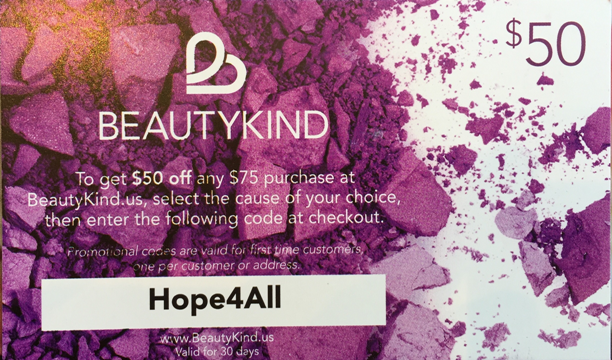 Higgins: Is that your favorite part about BeautyKind?
Higgins: Is that your favorite part about BeautyKind?
Davis: I think so. Beauty is great. It is an interesting industry. The ability to take an everyday transaction that — you are going to buy this regardless — will be the same price wherever you go whether you go to Nordstrom, Sephora, [and]Ulta. We are really able to say, ‘Hey, let’s redefine what a transaction means. Let’s actually build some give back components into it.’ Here I think it is a little more meaningful because it is close to the cause and the customer and the cause is the customers’ choice. That’s what I really love about this is that someone can do what they are already doing, but when they do it at BeautyKind, they are giving back.
Higgins: So, what is the biggest lesson you learn by starting BeautyKind?
Davis: I think that probably the biggest lesson that I learn is, even if you have a great concept, which we think we have. You still need to find a way to grow awareness of that concept. The brand awareness of what you’re doing and telling that story. Tell the story and the impact that it’s having. I think that is one thing that I learned through J. Hilbrun, as well BeautyKind. It does make a difference and you really need to build that into your model and marketing plan. How are you going to reach that amount of people to build that amount of awareness?
Higgins: Since you are a growing business, how are the advances in technology changing the ways that your business is done?
Davis: It’s been incredible. The biggest thing is [that]tech is the most expensive than it has ever been. Now you need a mobile version and you need to have a tablet. So I think that the tech requirements on how wide you have to be in terms of different devices. Even though it has become less expensive, the amount you have to build for different devices and platforms has actually increased. Personalization is going to be a massive trend and opportunity for all e-commerce players, especially in beauty. That is where we really see an opportunity to personalize beauty. Like, when you come to our website, we know who you are. We should be serving you up what you want, not a standard home page — what you are not going to get in a retail store. Personalization in samples is a huge opportunity. So I think e-commerce will really provide that opportunity. I think that a traditional retailer really can’t do that till you reach that point of check out.
Higgins: In the future, in the next 10, 20 years, do you think that all retail business will be done online?
Davis: No, I definitely do not think that. I feel like it is going to be a blend. I don’t think that the big box stores that we have today will be what we have today. I think malls will be very different. [B malls] will become like a showroom mall, where there are all these little showrooms. I think that’s where it is going to change. I think the average square foot of a retailer is going to change. The inventory is going to be held elsewhere and shipped out. I think there is going to be a lot of change, in terms of the footprint and the shopping experience inside the store. But I think people still love to go to stores. When you look at the holidays, back to school, I think you see it. Millennials still like to go to the stores. Now, whether they buy there or browse will be determined. But I still think stores will be a part of our future. There will be a mix between stores and online, but I always think there will be lots of stores in the U.S.
Higgins: You seem to be a person, who looks into the future a lot and tries to figure out what’ s next. What will you like to do next regarding your career?
Davis: I would really love to see BeautyKind be successful. Take this idea and apply it to others vertical, and build what I’ll call Nordstrom for cause. So that is what we call “we-commerce” and that’s what I would really love to focus on.
Higgins: Where do you see yourself in about 20 years?
Davis: I don’t know, I never thought about it to be honest. I really don’t. I try to think out, but I don’t go pass a couple [of years]. Hopefully, we have been successful in we- commerce and get the whole concept out and have had a great impact.
Hil Davis is changing the way that we look at purchasing our favorite items. “We-commerce” is a growing concept that might take over retail market. Shop and donate to your favorite charities at the same.
To learn about BeautyKind, click on the link below.

